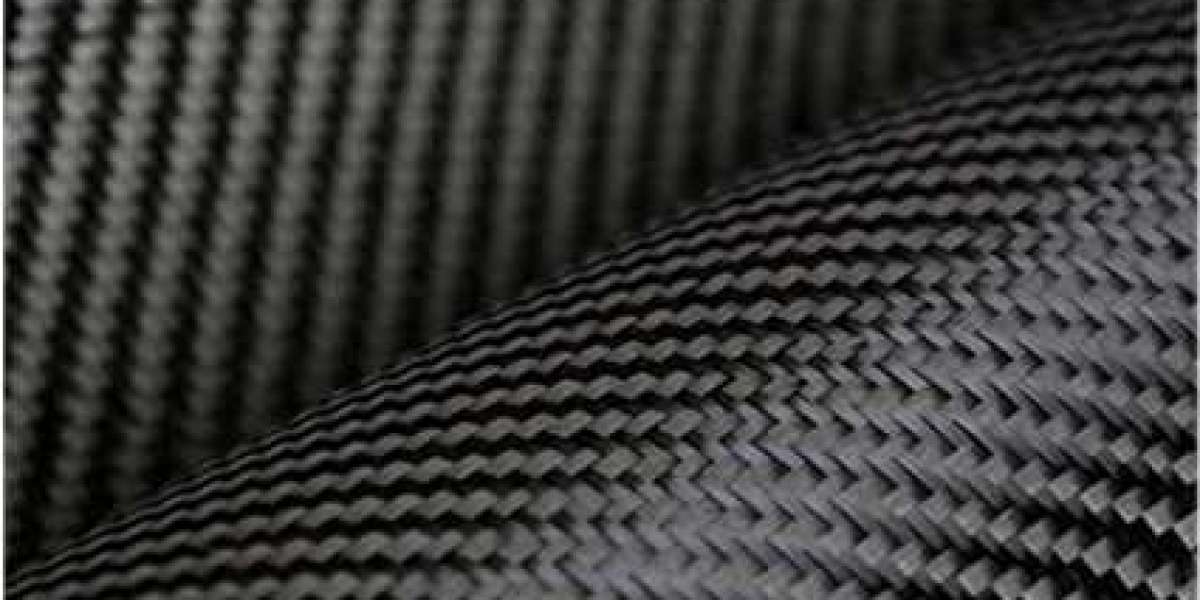Carbon fiber composite materials are known for their exceptional strength, lightweight properties, and versatility, making them indispensable in various high-performance applications such as aerospace, automotive, sports equipment, and more. Achieving the superior qualities of these composites requires advanced manufacturing techniques. Hithunder Carbon Fiber Technology, a leader in carbon fiber innovation, utilizes state-of-the-art processes to produce top-tier carbon fiber composite materials. This article explores the key manufacturing techniques employed by Hithunder Carbon Fiber Technology to ensure high performance and reliability.
1. Prepreg Layup and Autoclave Curing
Prepreg Layup
Prepreg (pre-impregnated) layup is a technique where carbon fibers are pre-coated with a resin matrix. These prepregs are then laid up in molds to form the desired shape. This method ensures uniform resin distribution, leading to consistent material properties.
- Uniform Quality: Prepregs guarantee a precise resin-to-fiber ratio, enhancing the mechanical properties of the composite.
- Ease of Handling: Prepreg materials are easy to cut and lay up, providing flexibility in design and manufacturing.
Autoclave Curing
Autoclave curing involves placing the laid-up prepreg material in a high-pressure, high-temperature autoclave to cure the resin. This process enhances the composite’s strength and durability.
- High Pressure and Temperature: The autoclave provides controlled pressure and temperature, ensuring optimal resin curing.
- Improved Mechanical Properties: The high-pressure environment reduces voids, resulting in superior mechanical performance.
Hithunder Carbon Fiber Technology employs advanced prepreg layup and autoclave curing techniques to produce high-strength, high-quality carbon fiber composites.
2. Resin Transfer Molding (RTM)
The RTM Process
Resin Transfer Molding (RTM) is a closed-molding process where dry carbon fiber preforms are placed into a mold, and resin is injected under pressure. The resin flows through the fibers, impregnating them thoroughly before curing.
- Efficient Resin Distribution: RTM ensures complete impregnation of fibers, reducing void content.
- Complex Geometries: This method allows for the creation of complex shapes and structures with high precision.
Advantages of RTM
- High Fiber Volume Fraction: RTM enables high fiber content, enhancing the strength and stiffness of the composite.
- Surface Finish: The closed mold process provides excellent surface finish and dimensional accuracy.
Hithunder Carbon Fiber Technology’s RTM capabilities ensure the production of high-performance carbon fiber composites with excellent structural integrity and surface quality.
3. Filament Winding
The Filament Winding Process
Filament winding involves winding continuous carbon fibers impregnated with resin around a mandrel in a predetermined pattern. The mandrel is then cured to form the final composite structure.
- Controlled Fiber Placement: This technique allows precise control over fiber orientation, enhancing the mechanical properties.
- Versatility: Filament winding is ideal for producing cylindrical or tubular structures.
Benefits of Filament Winding
- High Strength-to-Weight Ratio: The controlled fiber placement results in composites with a high strength-to-weight ratio.
- Automation: Filament winding can be highly automated, increasing production efficiency and consistency.
Hithunder Carbon Fiber Technology utilizes filament winding to produce high-performance composite structures with optimized fiber orientation and minimal material waste.
4. Vacuum-Assisted Resin Infusion (VARI)
The VARI Process
Vacuum-Assisted Resin Infusion (VARI) involves placing dry carbon fiber fabrics in a mold and covering them with a vacuum bag. Resin is then drawn into the mold under vacuum, impregnating the fibers.
- Enhanced Resin Flow: The vacuum ensures thorough resin impregnation and reduces voids.
- Large Structures: VARI is suitable for manufacturing large, complex structures.
Advantages of VARI
- Cost-Effective: VARI is a relatively low-cost process compared to other advanced techniques.
- Improved Quality Control: The vacuum environment provides better control over resin flow and curing.
Hithunder Carbon Fiber Technology’s VARI process ensures high-quality, large-scale composite parts with excellent mechanical properties and minimal defects.
5. Compression Molding
The Compression Molding Process
Compression molding involves placing a carbon fiber preform and resin into a heated mold and applying pressure to shape and cure the composite.
- High Production Rate: This method is suitable for mass production of composite parts.
- Excellent Surface Finish: Compression molding provides parts with high surface finish and dimensional accuracy.
Benefits of Compression Molding
- Consistency: The controlled pressure and temperature result in consistent material properties.
- Reduced Cycle Time: Compression molding has a shorter cycle time compared to other methods, increasing production efficiency.
Hithunder Carbon Fiber Technology’s compression molding capabilities ensure the production of high-performance composites with consistent quality and reduced production time.
Conclusion
The manufacturing techniques employed by Hithunder Carbon Fiber Technology, including prepreg layup and autoclave curing, Resin Transfer Molding (RTM), filament winding, Vacuum-Assisted Resin Infusion (VARI), and compression molding, are at the forefront of carbon fiber innovation. These advanced processes ensure the production of high-performance carbon fiber composite materials with superior mechanical properties, durability, and precision.
By leveraging these state-of-the-art manufacturing techniques, Hithunder Carbon Fiber Technology continues to set the standard for quality and performance in the carbon fiber industry. For more information on their advanced carbon fiber solutions, contact Hithunder Carbon Fiber Technology and discover how their expertise can elevate your high-performance applications.








